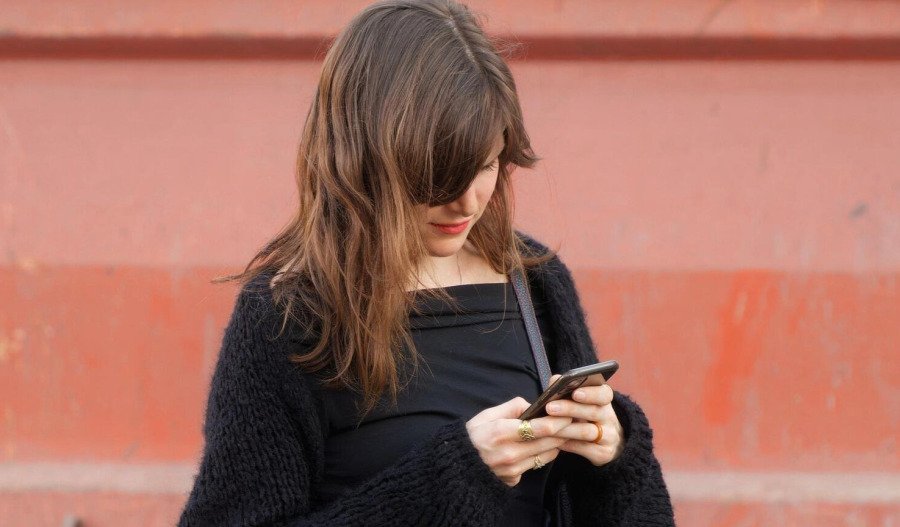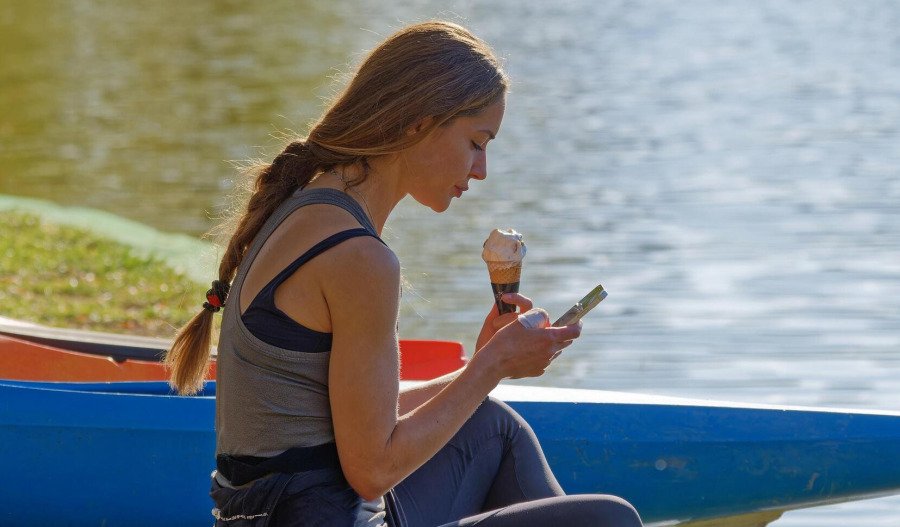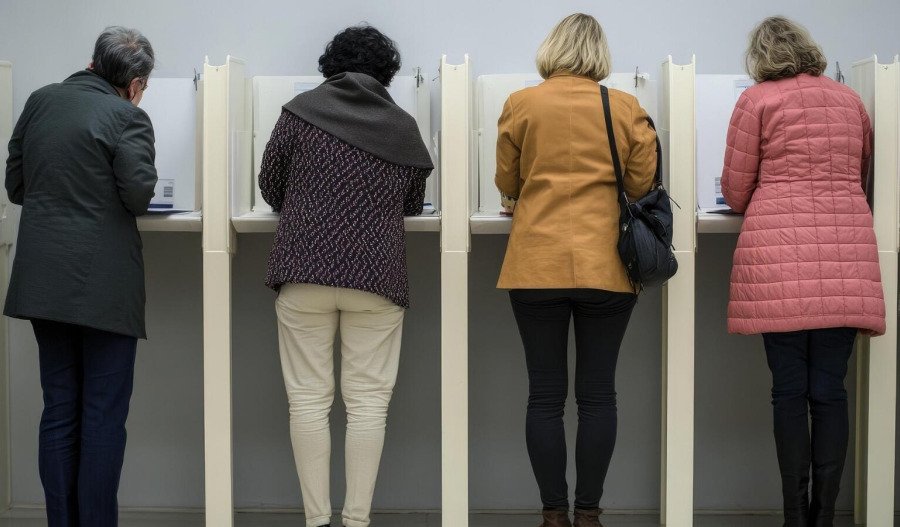Frankie Reid is here back with another Azzet Unpacked for you, after another big week for global markets, politics, earnings reports and more!
From East to West
It was a big week for three key players: Russia, China and the United States.
The week kicked off with a bang for the global economy, as the U.S. sovereign credit rating was downgraded by Moody's Ratings.
The historic move saw United States stock futures fall on Sunday evening (Monday AEST).
Moody’s was the last of the three major rating agencies to maintain a perfect credit rating for the States, and had held the rating since 1917 before this latest shift from Aaa to Aa1, citing the government deficit as one of the key reasons.
More on that here from Oliver Gray, as well as how the market responded over here.
There was plenty happening with our own economy too, however, as the Reserve Bank of Australia cut interest rates to 3.85%.
But the RBA’s Monetary Policy Board, after a two-day-long meeting, said it still remains cautious.
“The Board is focused on its mandate to deliver price stability and full employment and will do what it considers necessary to achieve that outcome," it said.
“It nevertheless remains cautious about the outlook, particularly given the heightened level of uncertainty about both aggregate demand and supply.”
More reporting on the RBA cuts from Garry West.
Cameron Drummond brought us some insight into China's automotive industry's future in his latest Mission Critical column, pointing to their role as the world’s top producer and consumer of lithium-ion batteries, growing electric vehicle sector and impressive battery recycling measures.
Read the full piece here.
Australia's electric vehicle market isn't faring quite so well.
EV sales fell to a two-year low in the first three months of 2025, as Australians shy away from new battery electric vehicles in favour of plug-in hybrids or traditional combustion engine cars.
A further breakdown of those sales numbers is over here from me.
Peace talks between Russia and Ukraine were a hot topic once again, with the Vatican flagged as a possible location for the summit.
Despite a rocky situation last week, when Russian President Vladimir Putin declined to attend the peace talks in person, U.S. President Donald Trump insisted this week that the negotiations were still on track to begin immediately.
Earlier this week Trump reported a two-hour phone call with his Russian counterpart, after which he relayed Russia’s ceasefire negotiation plan to Ukrainian President Volodymyr Zelenskyy, as well as world leaders, including those from France, Italy, Germany, and Finland.
Read about that unfolding situation here, with reporting from Harlan Ockey.
Auspol: exit, stage right
Now back on home shores, it was a week of breakups in Australian politics.
The coalition was on track to be disbanded on Wednesday, after the Nationals confirmed they would not be reforming an agreement with the Liberals, after decades of working together.
The split came as a result of key policy disagreements, with Nationals leader David Littleproud and the newly-minted Liberal party head, Sussan Ley, unable to find common ground.
However, the move would weaken the Opposition considerably, especially in the wake of Labor's historic landslide victory earlier this month, AKA the red wave.
Renewed talks today seem to indicate the possibility, however fragile, of reconciliation for the Coalition.
Ley has agreed to further discuss the Nationals’ policy demands and Littleproud, in a gesture of good faith, has paused his announcement of party spokespersons.
More on that from Andrew Banks here.
Another exit came in the form of South Australian One Nation MP Sarah Game leaving One Nation to serve the remainder of her term as an independent.
The Prime Minister's jet setting week wrapped up, but with that came talks of a visit to China later in the year, making him one of the most frequently invited Australian leaders.
The rumoured 2025 visit will be Anthony Albanese's second in two years, and follows warm and personal congratulations from Chinese President Xi Jinping on his re-election.
In the letter, Xi said he looked forward to "promoting a more mature, stable and productive" relationship with Australia.
Whilst in the Vatican at the start of this week, a stop on his first post-election trip, Albanese also promised Ukraine’s President Volodymyr Zelenskyy to help exert more pressure on Russia, amidst ongoing peace talks between the two nations that have been off to a rocky start.
More reporting here, from Chloe Jaenicke.
Finally, we had the Victorian state government unveil its budget on Tuesday, with a focus on healthcare accessibility.
A deep dive into the winners and losers of this new State Budget from Chloe again here!
Boots on the ground at the Mining Summit
The annual AFR Mining Summit took place in Perth this week, with two of Azzet's writers getting amongst it to report the latest.
Across a variety of panels and keynote speaker events, there was one clear message for both the state and federal governments: get policy settings right, with no time to delay.
It was a directive for both the newly re-elected Labor federal government and Western Australia's Labor state government, reports Mark Story.
In a discussion about green iron to drive renewable energy, Fortescue Metals chairman Andrew Forrest didn't mince words.
“With the sails hard at your back, I’m saying to the Australian government to lead by saying yes to 75% emission reductions by 2035,” he said.
The Government had its own presence at the summit too, in the form of Federal Resources Minister Madeleine King, who put the spotlight on Australia's role in the critical minerals space.
Her speech threw into focus the importance of Australia stepping into the space as a serious competitor to China, who have a range of critical minerals not mined elsewhere and reduce the flow of these supplies to the West.
“A strategic reserve will mean Government has the power to purchase, own and sell critical minerals found here in Australia [and will] allow us to deal with trade and market disruptions from a position of strength,” King said.
More on that here from Cameron Drummond.
Commercial real estate finally finds its footing
Australian commercial real estate seemed to be making its way to steadier ground this week, after five consecutive quarters of loss.
The latest figures from the Property Council of Australia/MSCI Annual Property Index found retail and industrial real estate were leading the upward trend, while office spaces continued to struggle.
I expanded on these numbers, over here.
The latest from fashion house row
In fashion, luxury brand Dior stuck to its promise to support initiatives to end labour exploitation, with a €2 million ($2.3 million) contribution over the course of 5 years.
Heading next door to another luxurious fashion house, Ralph Lauren seems to be succeeding in their latest earnings report.
The brand came out ahead of Q4 and FY25 earnings expectations by 8%, and gross margin also saw an uptick of 200 basis points in Q4 to 68.6%.
A closer look at these earnings here, from Cameron Drummond.
Things weren't looking so great for Nike this week.
As the retail industry braces for incoming tariffs, Nike will be raising prices on footwear, apparel and equipment as soon as this week.
From the start of June, footwear between $100 and $150 will have a price hike of $5 and any priced above $150 will see a hike of $10.
The athletic wear company also confirmed it would be resuming selling directly on Amazon for the first time in over five years.
Full story by Harlan Ockey here.
That's all from me this week, folks. The whole Azzet team will be back with your regularly scheduled reporting from Monday. Until then, enjoy the weekend!



